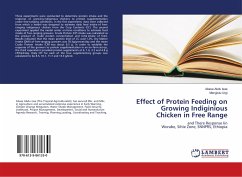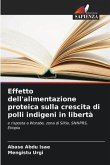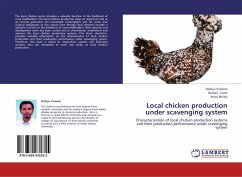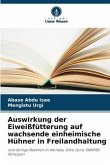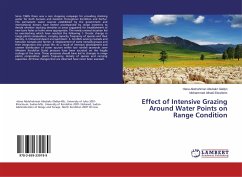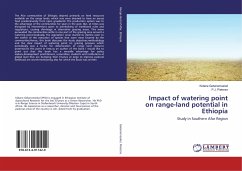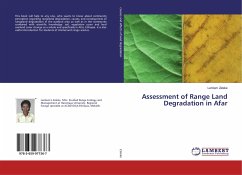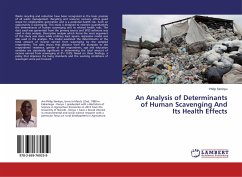Three experiments were conducted to determine protein intake and the response of growing indigenous chickens to protein supplementation under free-ranging conditions. In the first experiment, data were collected from which a model was designed to estimate daily feed intake of free-ranging indigenous chicken from the Crop Contents (CC). The second experiment applied the model under on-farm conditions to estimate feed intake of free-ranging growers. Crude Protein (CP) intake was calculated as the product of crude protein concentration and total intake of feed. Results indicated that the mean protein level of CC was11.2%, Dry Matter Intake (DMI) of free-ranging growers was 78.3g/grower/day and the mean Crude Protein Intake (CPI) was about 8.5 g. In order to establish the response of the growers to protein supplementation in an on-farm set-up, the third experiment provided protein supplements at 0, 1.6, 3.2 and 4.8 g CP/bird/day. Daily CPI for each of the four supplementary groups was calculated to be 8.5, 10.1, 11.7 and 13.3 g/bird.
